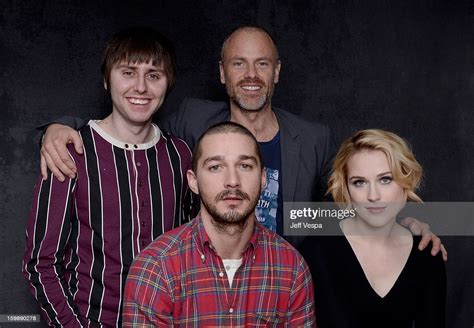A Quote by John Palfrey
It's not about being digital. It's about students who are born digital.
Related Quotes
People over the age of thirty were born before the digital revolution really started. We've learned to use digital technology-laptops, cameras, personal digital assistants, the Internet-as adults, and it has been something like learning a foreign language. Most of us are okay, and some are even expert. We do e-mails and PowerPoint, surf the Internet, and feel we're at the cutting edge. But compared to most people under thirty and certainly under twenty, we are fumbling amateurs. People of that age were born after the digital revolution began. They learned to speak digital as a mother tongue.
When people talk to me about the digital divide, I think of it not so much about who has access to what technology as about who knows how to create and express themselves in the new language of the screen. If students aren't taught the language of sound and images, shouldn't they be considered as illiterate as if they left college without being able to read and write?
Think about when a digital business marries up with what I'll call 'digital intelligence.' It is the dawn of a new era about being a 'cognitive' business. When every product, every service, how you run your company can actually have a piece that learns and thinks as part of it, you will be a cognitive business.
In every part of the world with which I am familiar, young people are completely immersed in the digital world - so much so, that it is inconceivable to them that they can, for long, be separated from their devices. Indeed, many of us who are not young, who are 'digital immigrants' rather than 'digital natives,' are also wedded to, if not dependent on, our digital devices.
The digital age is for me in many ways about temporal wounding. It's really messed up our ontological clocks. In the digital economy, everything is archived, catalogued, readily available, and yet nothing really endures. The links are digital encryptions that can and won't be located. That will have to be reassembled over time. It won't be exactly what it was. There will be some slightly altered version. So the book is both an immaterial and material artifact.




































